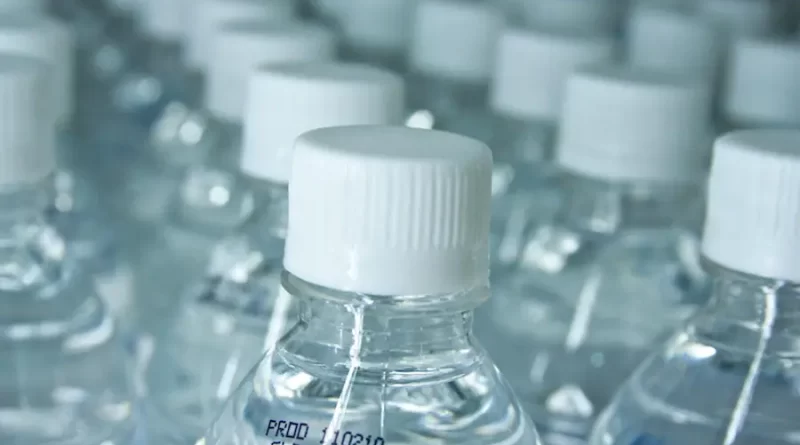Why single-use plastic is a problem?
Plastic is a universal material that has become an integral part of modern life. It is used in various products, including packaging, household items, and consumer goods. However, the widespread use of single-use plastic has become a significant environmental problem. Single-use plastic refers to items such as plastic bags, straws, utensils, and water bottles designed to be used once and discarded.
The problem with single-use plastic
Single-use plastic negatively impacts the environment, human health, and the economy. Plastic pollution is a significant environmental problem, with an estimated eight million metric tons of plastic annually entering the oceans. This pollution harms marine life, as animals can become entangled in plastic debris or mistake it for food. In addition, plastic that enters the ocean can break down into small particles known as microplastics, which can be ingested by marine life and potentially enter the human food chain. Landfills are also a significant problem, with plastic waste taking hundreds of years to decompose. As landfills fill up, they can overflow, causing further environmental damage.
The production of plastic also contributes to greenhouse gas emissions, as it requires the extraction and processing of fossil fuels. Single-use plastic also has human health implications. The chemicals used in the production of plastic can leach into food and water sources, potentially causing harm to human health. Microplastics have been found in bottled water, indicating that humans ingest tiny amounts of plastic particles throughout their diets. The economic costs of plastic waste are also significant. Waste management expenses, such as landfill maintenance and recycling programs, can significantly burden local governments.
Plastic waste can also harm tourism, as polluted beaches and waterways may deter visitors. Finally, plastic waste can cause damage to fishing and shipping industries, as it can become entangled in equipment or harm important marine life.
Alternatives to single-use plastic
Finding alternatives to single-use plastic is essential to reducing its negative impact on the environment, human health, and the economy. One of the most effective alternatives is to use reusable products. Reusable products can be used multiple times, reducing the need for single-use items.
Choosing a reusable bottle
When choosing a reusable bottle, there are several factors to consider, such as its material. Stainless steel drinking bottles are a popular reusable option, providing a practical and eco-friendly alternative to plastic water bottles. The main benefits of stainless steel is its durability and longevity. Stainless steel drinking bottles can last for years, making them a cost-effective option in the long term. Stainless steel is also resistant to bacteria and odours, making it a hygienic option in food and beverage containers. Unlike plastic, stainless steel does not contain harmful chemicals that can leach into food and water sources. Additionally, stainless steel is versatile and easy to clean, making it an excellent option for those who lead an active lifestyle.
When selecting a stainless steel drinking bottle, it is essential to consider its capacity and size. Depending on your needs, you may require a larger or smaller bottle. The lid and drinking spout options can also vary, so selecting a bottle that meets your requirements is essential. The design and aesthetics of the bottle are also a consideration, as many options are available on the market.
Finally, it is essential to consider the reputation and certification of the brand when selecting a stainless steel drinking bottle. Look for brands that prioritise sustainability and eco-friendliness in their products. Some brands may also have certifications, such as BPA-free or food-grade certifications, which can provide additional assurance of the product’s safety and quality.
Conclusion
Single-use plastic has become a significant problem, negatively impacting the environment, human health, and the economy. Finding alternatives to single-use plastic is essential to reducing its impact, and choosing a stainless steel drinking bottle is an excellent option. Stainless steel is durable, long-lasting, and hygienic, making it an eco-friendly and practical choice for those who want to reduce their use of single-use plastic.

